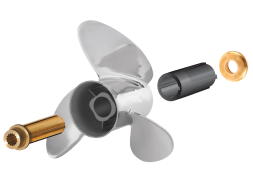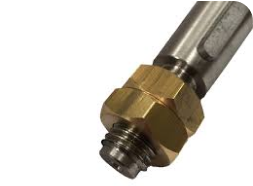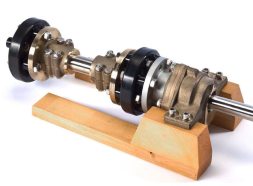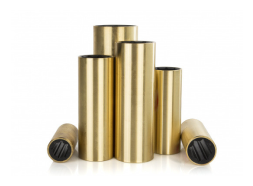Marine Propeller
Manufacturer & Repair
Need any Help?
The marine propeller, a product of Marine Techq, stands as a quintessential component in maritime propulsion, a vital force propelling vessels through vast expanses of water. Designed with precision engineering, the marine propeller efficiently converts engine power into thrust, navigating ships, boats, and various maritime vessels. Crafted from high-quality materials by Marine Components Manufacturers, these propellers are engineered to withstand the challenging marine environment, ensuring durability and optimal performance. Trust Marine Techq for top-notch marine engineering services.
Properties of Marine Propeller

Corrosion Resistance
Our marine propellers feature hub parts crafted from high-quality materials, providing exceptional corrosion resistance in challenging marine environments.

Precision Engineered for Optimal Performance

Durability through Rigorous Quality Checks
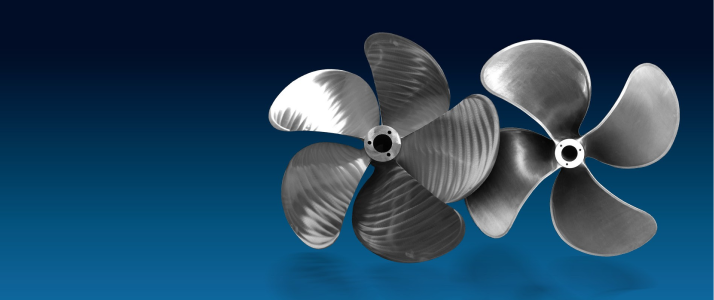
Continue Reading on Similar Topics:
Applications of Marine Propeller
- Marine propeller Blade metallurgical repair
- Marine Propeller blade foot machining
At Marine Techq, we redefine precision in marine propeller blade foot machining. Our cutting-edge techniques, including propeller hubs and propeller hub materials, blend technology and craftsmanship for optimal strength and performance. Each foot is meticulously crafted, ensuring your maritime operations set sail with unmatched efficiency and reliability. Choose us for propelling innovation in the seas.
Revolutionize Your Marine Adventures with Our State-of-the-Art Propellers
Key Advantages:
- Enhanced Hydrodynamic Design: Our propellers are engineered for maximum thrust and minimal drag, ensuring optimal fuel efficiency and speed.
- Durability That Lasts: Made with corrosion-resistant materials, our marine propellers withstand the harsh marine environment, promising longevity and reliability.
- Versatile Compatibility: Whether upgrading an old vessel or fitting a new build, our propellers are compatible with a wide range of boat types and engine configurations.
- Noise Reduction Technology: Enjoy a quieter ride with our advanced noise reduction technology, enhancing comfort during your maritime journeys.
Unmatched Quality and Performance
At Marine Techq, quality is our priority. Each propeller undergoes rigorous testing and quality control processes to meet strict industry standards and exceed your expectations. Our commitment to innovation ensures that every propeller from our production line offers superior performance and reliability.
Customization for Specific Needs
We offer customized solutions tailored to your specific requirements. Whether you need a propeller for leisure boating, commercial shipping, or competitive racing, our team of experts is here to provide a bespoke solution that perfectly fits your needs.
Explore similar types of components
FAQ
Pitch refers to the angle of the propeller blades. A higher pitch provides more forward thrust, while a lower pitch is suitable for slower speeds. Choosing the right pitch is crucial for optimizing a vessel's performance.
Marine propellers are often made from materials such as bronze, stainless steel, and nickel-aluminum bronze. Each material offers different levels of durability, corrosion resistance, and performance characteristics.
The size of a marine propeller is influenced by factors like boat type, engine specifications, and vessel weight. Consulting with a marine expert or using online calculators can help determine the appropriate size.
Cavitation occurs when water pressure drops significantly around the propeller blades, leading to the formation of bubbles. It can negatively impact propeller efficiency and cause damage over time.





